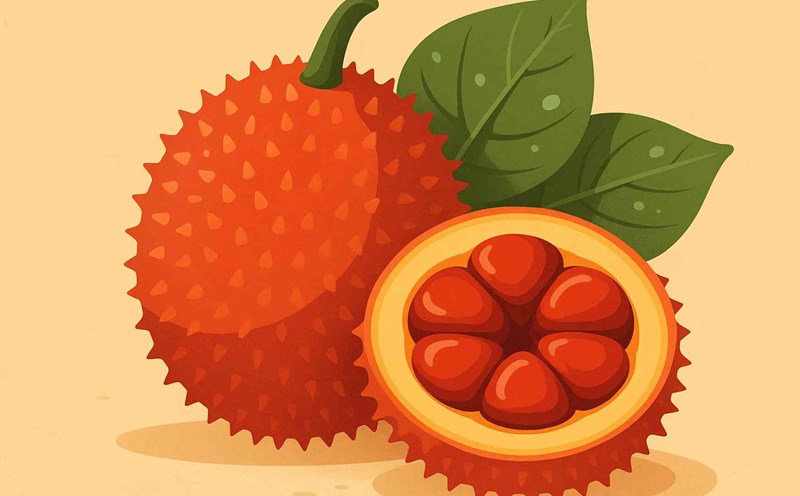According to the United States Department of Agriculture (USDA), 100g of cooked green beans contain about 266mg of potassium and 27mg of calcium, along with many powerful antioxidants such as flavonoids and polyphenols.
These substances not only help boost immunity but also help reduce inflammation and reduce oxidative stress, the leading cause of liver cell damage.
Dr. Andrew Weil, an integrative medicine expert at the University of Arizona (USA), commented that green beans are a cool, easy-to-digest and rich in antioxidants, which can help reduce symptoms of liver heat and chronic hepatitis thanks to their ability to support the body's natural cleansing.
The soluble fiber in green beans also helps lower blood cholesterol, thereby reducing the burden on the liver during lipid metabolism, preventing fatty liver, a common problem today.
Green bean dishes to help cool the liver:
Green bean porridge cooked with squash or gotu kola: This is a light, easy-to-dical, and is often recommended for breakfast or snacks. Pumpkin and pennywort both have a thermogenic and diuretic effect, combined with green beans to increase liver detoxification.
Lotus seed green bean steak (low in sugar): Lotus seeds help soothe, improve sleep, an important factor for the liver to recover at night. When cooked with green beans and limited sugar, this sweet soup becomes a liver-healthy dessert.
Whole grain steamed green beans: This is a way to process to retain maximum potassium and fiber content. Eating as a side dish or mixing salad is very good, especially for people with liver problems due to the habit of eating a lot of fat and alcohol.
Roasted green bean water: widely used in Japan and Korea as a refreshing drink, roasted green bean water provides flavonoids, which help fight free radicals that damage the liver.
Although good, people with chills, diarrhea or digestive disorders should limit eating a lot of green beans, because this type of seed has high welding properties.
People with end-stage kidney disease need to control their potassium levels, so they should consult a doctor before eating regularly.
To absorb better, you should soak green beans 6-8 hours before cooking. This helps remove enzyme inhibitors and reduce phytic acid, which reduces mineral absorption in the intestines.











